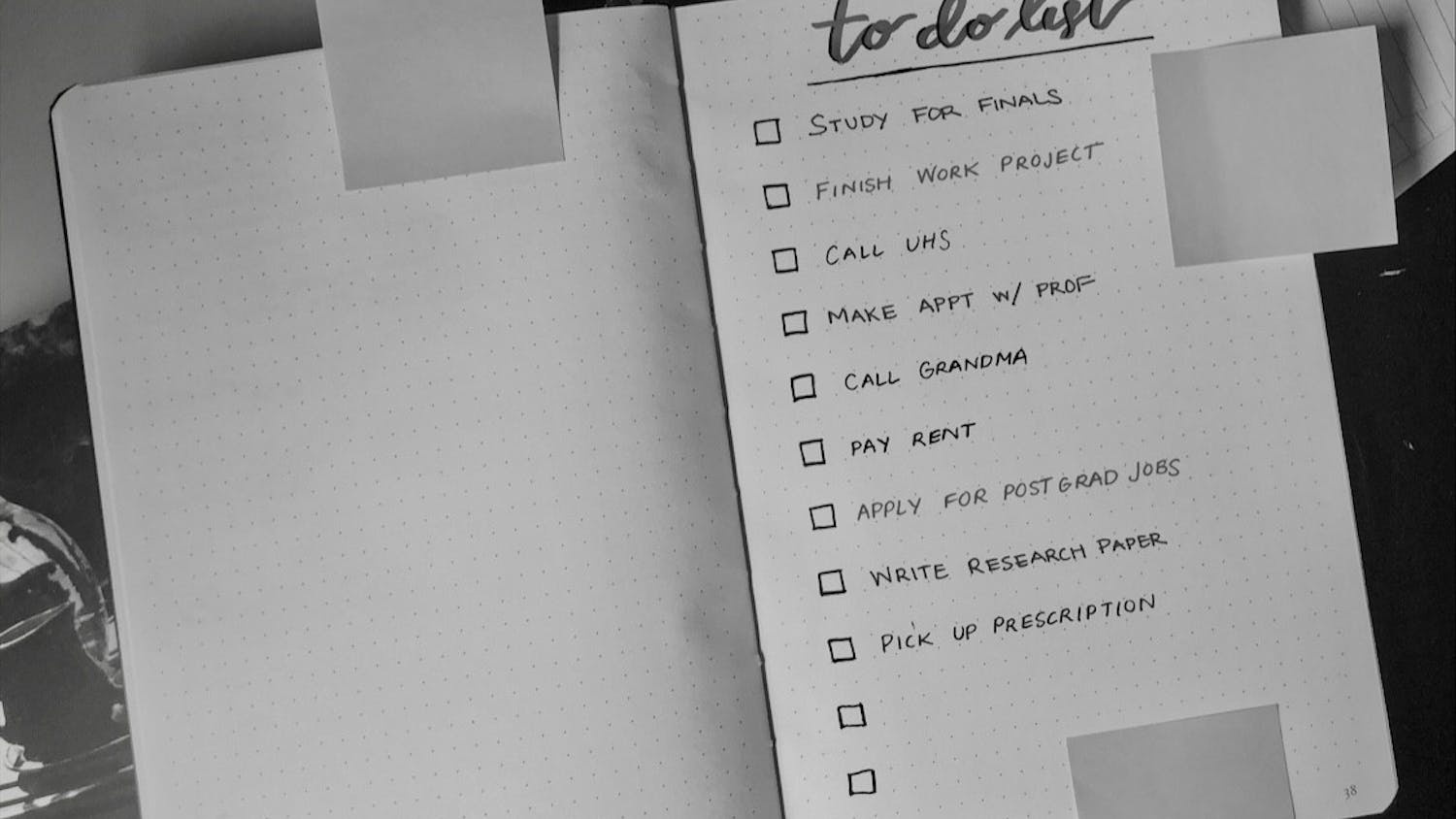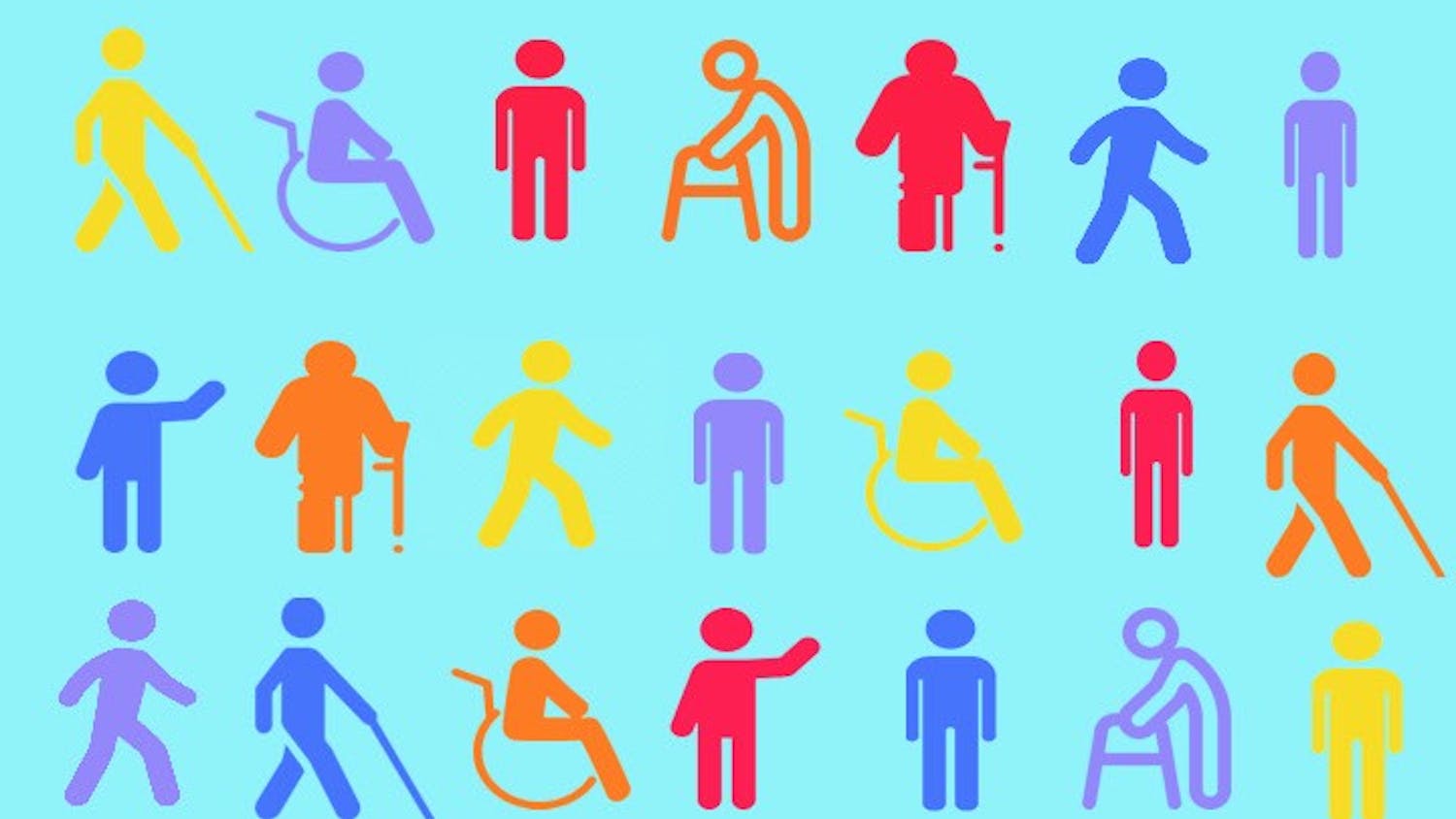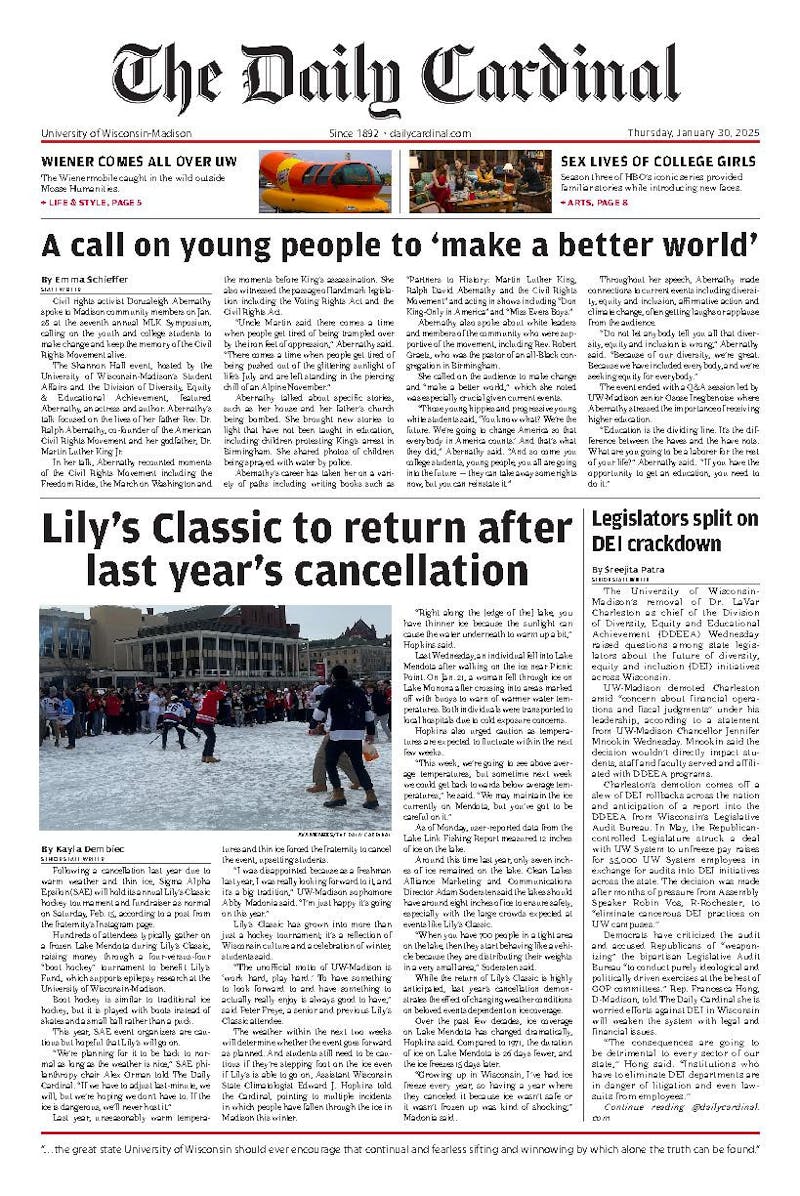My first day of studying abroad in Spain was the wake-up call I needed about the importance of learning another language. But before I get all “The More You Know” on ya, lemme give you some background.
You see, although I started in Spanish 101 first semester of my freshman year at the University of Wisconsin-Madison, I had actually taken four years of Spanish in high school. However, I had absorbed so little Spanish in high school my senior-year Spanish teacher actually congratulated me on having looked at the notes written on my hand only twice during a test.
As I matured and developed more worldly interests, I decided to give Spanish another go in college. That’s when I realized if you do most of your work and actually pay attention, you may learn things in the process! What a revelation!
When I first sat down and started researching study-abroad programs, I knew I wanted to go somewhere Spanish speaking. Sure, I wasn’t fluent in Spanish but hey man (or should I say “hombre” because, if you didn’t know, that’s Spanish for man), I had been speaking it—well, listening to my professor speak it—for 50 minutes every other day since freshman year (not including weekends, breaks or the times in class I decided to speak in English). With five college semesters under my belt, I thought it was high time I put the skills I learned while describing my weekend at Madhatters to my partner in Spanglish to use. Why not do it in Seville, Spain?
OK, OK. I put a little more thought into it than that. I wanted to experience a culture different from my own, have the opportunity to cultivate relationships with people from varying backgrounds, gain another perspective of global politics and take really awesome pictures in front of cool, old buildings. Practicing my Spanish was going to be the generous dollop of mayonnaise on top of my serving of huevas (more on that later).
Still, there aren’t enough class conversations you can have, discussing your hopes and aspirations using the future subjunctive, which can prepare you for living and breathing in a language that is different from your native tongue. Unless, of course, you’re already fluent in another language(s), in which case, I hate you.
Now back to my first day in Spain. After traveling for roughly 24 hours, nearly missing two separate transfers and taking a little too much advantage of the *UNLIMITED FREE WINE* on the international flight, I arrived in Sevilla. I was drowsy, disoriented and maybe still tipsy at 10 a.m. when our program leaders met us at baggage claim. All I can really remember from those first few moments was realizing I had signed up to spend five months speaking a language I didn’t know.
Fast-forward to now: I’m still speaking a language I don’t really know, and I’m usually doing it wine tipsy but with a whole new level of fear/shamelessness. I can attribute my improvement to my lovely host parents and siblings who always patiently correct me, even when I accidentally referred to my sister as having the qualities of genitalia (“polla” does NOT mean female chicken).
I’ve found that learning a new language has its highs and lows. Highs include fostering strong connections with people you otherwise couldn’t have and eavesdropping on conversations on the train about someone’s most recent trip to the gynecologist. Lows include repeatedly being humbled by having increased difficulties articulating your thoughts and being strapped for a response when your 12-year-old host brother asks, “Sabes que es boobies?” (Do you know what boobies are?).
And so here’s my pitch: Go learn another language. It won’t be easy, and you’ll probably embarrass yourself a lot, but the more you practice the greater sense of accomplishment you’ll feel. And if warm fuzzies aren’t your thing, you’ll also probably get pretty good at laughing at your mistakes.
Oh and about huevas—they’re expelled fish ovaries. And I’ve eaten them. And they’re gross.
Are you looking to brush up on your Spanish? Maybe Jenna can help you learn translations for genitalia! Email her for help at jbushnell@wisc.edu.






